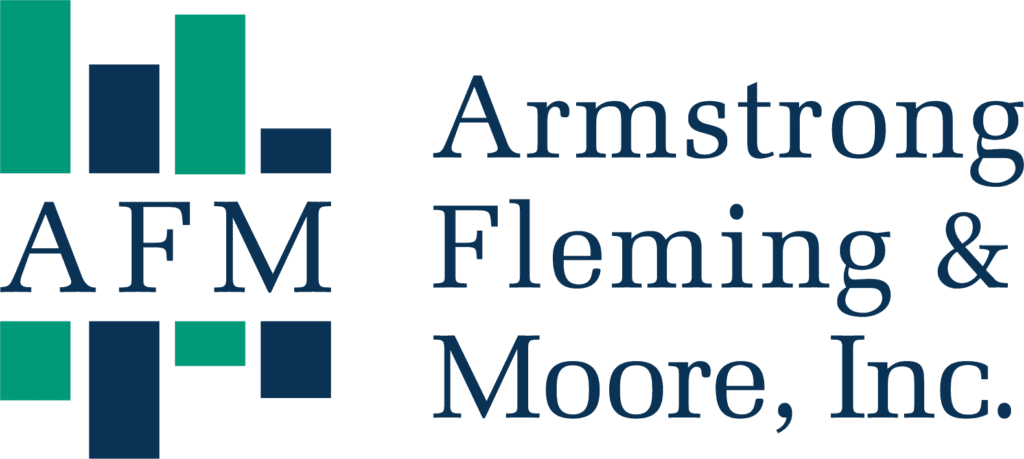We have all likely heard Ben Franklin’s quote about there being only two certain things in life: death and taxes. However, with the added stress that comes with the tax season, I prefer to take a more optimistic approach that is well put by an anonymous quote: “A person doesn’t know how much they have to be thankful for until they have to pay taxes on it.” While I consider myself to be a thankful person, I certainly don’t want to pay the IRS more than I must. So, what things am I keeping in mind as I begin the process of filling out my return?
What is the deadline to file?
Federal returns are required to be filed by April 18th (1) this year. While most states follow this deadline, please consult the website of your state’s agency to be sure. If you need more time, individuals can request and be automatically approved to receive a six-month extension to file by October 17th. Be aware, the IRS still requests that you calculate how much you owe and pay your bill by the April 18th deadline, even if you don’t file until October 17th.
How am I going to file my return?
With software such as TurboTax and TaxSlayer, there are more ways to file than ever, but it can be grouped into a few broad categories:
- Paper Forms
- Electronically
- Hiring a CPA or EA to complete the return for you
Filling the forms out by hand can be a tiresome process due to the complicated nature of the tax code. While still possible, this process has been made easier by filing electronically or hiring a professional to do this for you.
If your tax situation is a bit more complex, then hiring a Certified Public Accountant (CPA) or Enrolled Agent (EA) might be right for you. If you hire one of these individuals, you will provide them with your tax documents, and they complete the return for you. An added benefit is that they can help you, along with your financial advisor, to pursue strategies that may lower your tax liability in future years. By being more proactive, it may result in a lower overall tax paid then looking back at the end of each year.
What documents will I need?
While not an exhaustive list, below are a list of items that produce documents most often used when completing an individual’s return. In parentheses, I have listed what documents may apply, but again, you may find your situation includes different documents than listed here.
- Paystubs (W-2)
- Investments (1099s, 5498, K-1s)
- Cryptocurrency earnings (1099)
- Gambling earnings and losses (1099)
- Receipts for expenses(2): property tax, charitable contributions, medical bills, home improvement
If you are completing your return using a software, you may be able to link some of your accounts or upload a picture of the documents so that the information can be automatically uploaded. At AFM, your accounts can be linked to TurboTax, H&R Block, and TaxAct for some of your accounts.
When should I expect my refund if I will receive one?
While states will have different timelines, if you are filling electronically and using direct deposit to receive your refund, it should be no more than three weeks from when you file your return. If you instead file your return by paper and request your return to be mailed to you by check, this process can take up to eight weeks.
Please reach out to our office if you have any questions or if you would like to learn more.
(1) Due to the Emancipation Day holiday in the District of Columbia on April 15th. Taxpayers in Maine and Massachusetts have until April 19th due to the Patriots’ Day holiday.
(2) Your tax professional may not need all of your receipts, so please consult with them for more information.
